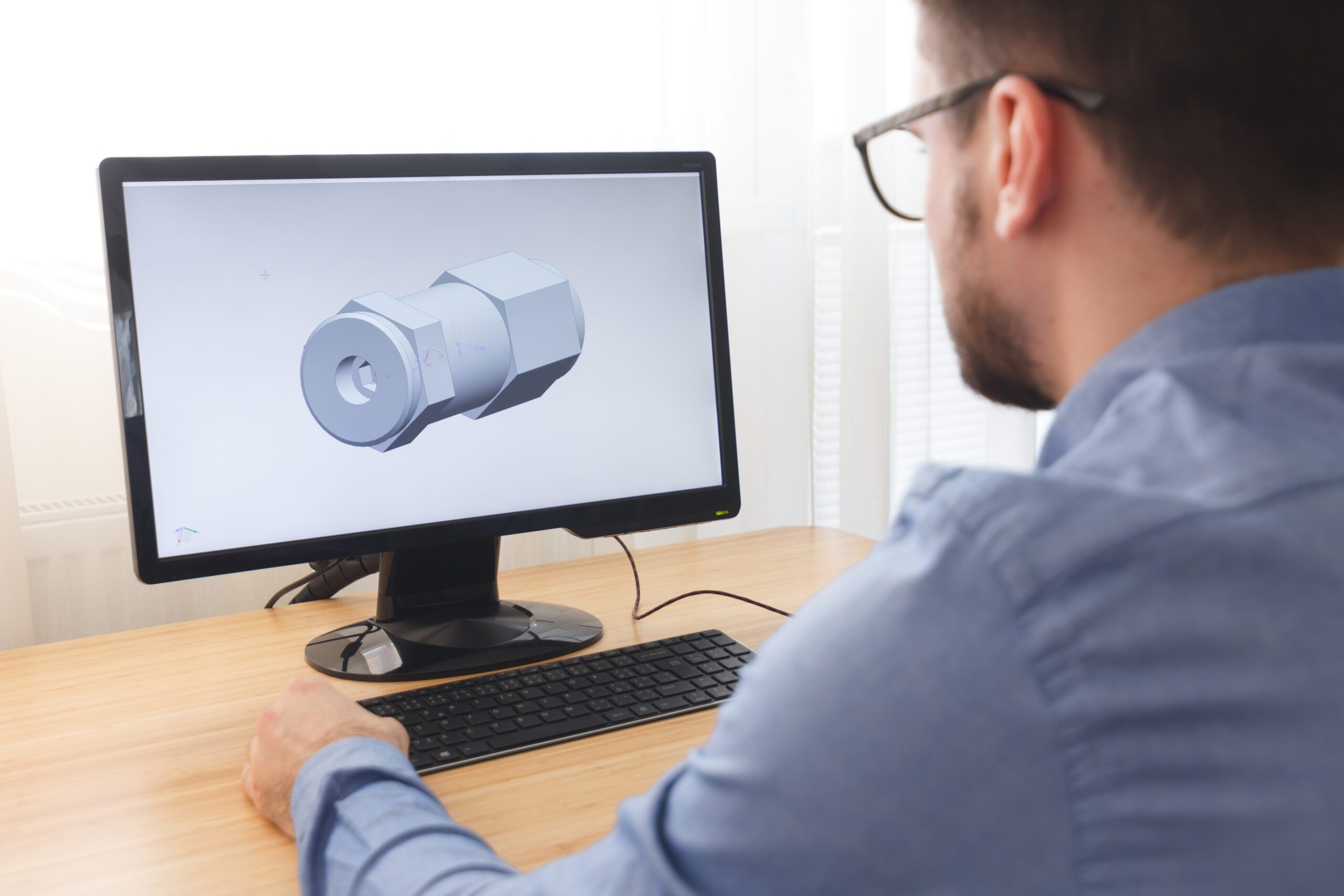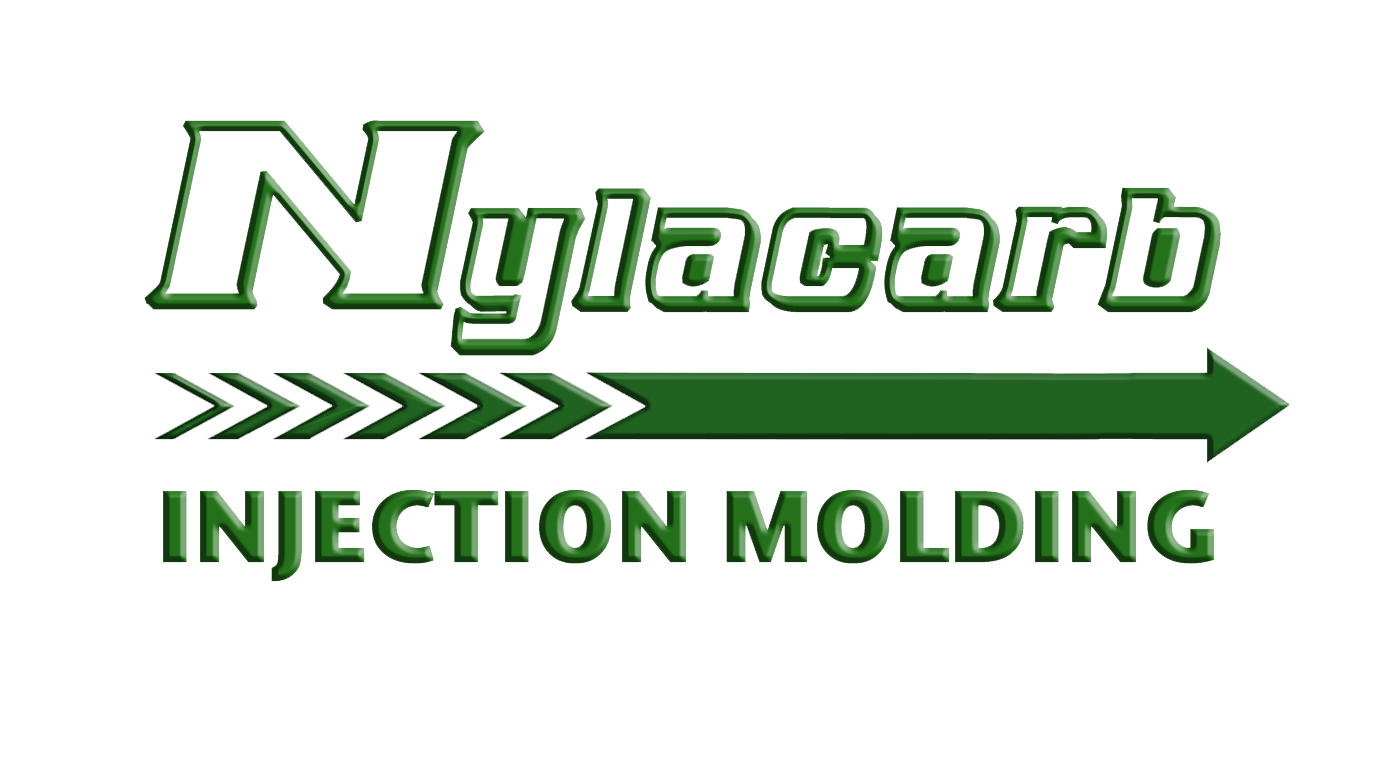3 Things to Ask your Plastics Engineer Before Starting Your Project
Starting a plastics engineering project can be an exciting experience, but it is important to get off on the right foot. Before you begin, it is important to take the time to ask your plastics engineer some key questions. Doing so can help ensure that your project is successful and that you are getting the best possible advice.
Let’s discuss three important questions to ask your plastics engineer before starting your project. With the right information and preparation, your project can be a success
1. WHAT IS THE BEST PRODUCTION PROCESS FOR MY PROJECT?
When it comes to deciding on the best production process for a project, several factors need to be taken into consideration. These factors include the application, material, shape, and even quantity of the project.
Different production processes may be more appropriate for certain projects than others.
For example, 3D printing may be more suitable for small parts with intricate detail and lower quantities, while blow molding may be better suited for larger parts with simpler geometry.
Extrusion is often used for materials such as plastic tubes, pipes, and sheets. At Nylacarb, we specialize in plastic injection molding, which is one of the most versatile processes available and can accommodate a wide variety of part shapes and sizes.
Injection molding is the process of forcing molten plastic resin into a metal cavity to create a specific shape. This process allows us to produce large quantities of parts quickly and with high repeatability and accuracy.
We use a variety of materials in our injection molding process including ABS, polypropylene, polycarbonate, polyethylene, and nylon.
Our knowledgeable engineers can help you decide on the best production process for your project based on its specific needs.
2) HOW CAN WE OPTIMIZE THE DESIGN TO ENHANCE THE PRODUCTION PROCESS?
It is important to talk to your plastics engineer about any design changes that can be made to optimize the production process.
Your engineer can advise on ways to reduce costs, improve production times and, in some cases, even change the design of the part without compromising its functionality.
Your engineer may recommend:
- Optimizing wall thicknesses for molding
- Incorporating ribs or bosses into the design to strengthen walls
- Adjusting the angle or curve of edges and surfaces
- Using a different material
- Changing the size or shape of the part
- Suggesting alternate gate locations for better filling and ejection
By making small design tweaks you can make a big difference in the final quality of the part and how efficient it is to produce.
Make sure to talk to your plastics engineer early on in the project so they can help guide you on the most cost-effective and efficient way to achieve your desired result.
3) WHAT’S YOUR FEEDBACK AFTER THE INITIAL PROTOTYPING AND FIRST ARTICLE OF PRODUCTION?
Ask your engineer for feedback after the initial prototyping and first article of production. This can help create a successful project that is in line with your desired outcome.
Your engineer has a responsibility to ensure that your project is completed with precision and accuracy.
It is important to ask your plastics engineer for feedback after the initial prototyping and first article of production. They will provide valuable insight into the production process and offer solutions on how to improve the design of the product to increase efficiency.
Your engineer should be able to point out areas of improvement that can help optimize the production process. For example, they can review the part’s geometry, material selection, and tool design to identify potential improvements. By having them review the project, you can avoid costly mistakes that could result in delays or rework.
They can also guide you on how to minimize cost and time by providing suggestions on part designs that can be produced more quickly and at a lower cost. An efficient plastic engineer can suggest ways to reduce part weight and complexity while maintaining structural integrity.
This knowledge can help you save money while still delivering a high-quality product.
Having your engineer review the project will also ensure that you are aware of any challenges or issues that may arise during the production process.
Asking questions before any production begins can help identify potential problems that may arise throughout the development cycle. With this insight, you can make any necessary changes or adjustments early on to ensure a smooth production run.
By involving your engineer in the development process from the beginning, you can take advantage of their experience and expertise.
LET US HANDLE YOUR PROJECT WITH THE EXPERTISE AND DEDICATION IT DESERVES
At Nylacarb, we understand that when embarking on a plastics project, it’s critical to have an experienced engineer at the helm.
We are proud to have a head engineer who is not only our president but has been a mechanical engineer for over 35 years and is equipped with both technical knowledge and vast experience in this field.
Our team of experts is dedicated to providing clients with the highest quality service and expertise to ensure their project is successful. Our team offers engineering guidance throughout the entire process from prototyping to production, so clients can be assured that their product meets all safety standards and requirements.
We understand that many times a project requires special considerations, whether due to time constraints, cost savings, or other factors, and we strive to make sure these needs are met. As such, we collaborate with our customers to identify optimal materials and processes that meet their specific needs and work to customize solutions to ensure the best outcome possible.
With us, you can trust that your project will be handled with the utmost care and dedication from start to finish.
Our team of expert engineers specializes in providing custom plastic solutions for a wide range of industries. Every product is unique, and that’s why we offer a personalized approach to each project.
So, if you’re looking to take your product to the next level with custom plastic solutions, get in touch with Nylacarb today. We are ready to help you make a difference in your product’s performance and functionality.

Quote Your Project
Have a question for our engineer; or any other plastic manufacturing questions? contact us today!
